
Over the past decade, we have witnessed a shrinking of civic space worldwide, with one of the key driving forces being the proliferation of ‘foreign agent’ laws. Broadly speaking, these laws can be understood as a collection of state-led legal penalties, stigmatisation efforts and burdensome regulations designed to restrict the work of NGOs and independent media that receive foreign funding. Proponents of these laws will often claim that such organisations must be declared as ‘foreign agents’ because they are under ‘foreign influence’ or bear the ‘interests of a foreign power’.
The weaponisation of such laws against NGOs originated in Russia. Initially adopted in the aftermath of protests against Vladimir Putin’s return as Russian president, the law has been used as a springboard for the regime to further its authoritarian tactics. The application of the law has been gradually extended beyond NGOs to media outlets and individuals. Authorities do not need to prove foreign funding, as anyone ‘under foreign influence’ or receiving loosely defined support from abroad can be designated as a foreign agent. Penalties can range from fines to a five-year prison term.
Since 2022, the Committee to Protect Journalists has documented 247 journalists and media outlets branded as ‘foreign agents’ by Russian authorities. The sheer scale of this legislation has had a detrimental impact on Russian independent journalism. Combined with other laws against free speech in Russia, it has forced the majority of independent media to flee and operate in exile, risking their safety, and that of their friends and families back home, to continue producing high-quality and independent journalism.
The threat of being designated a ‘foreign agent’ looms over all Russian independent media organisations and journalists, and the label can deter audiences back home from reading their content. It is also often only the first step on a slippery slope towards ever more restrictive and detrimental designations, such as an ‘Undesirable Organisation’, which criminalises any involvement or association with the outlet.
Since 2022, we have been delivering a programme of work for Russian independent media in exile which helps to ensure that these outlets can continue delivering high-quality, consistent coverage of relevant issues to audiences back in Russia.
Through a combination of capacity building, strategic business planning consultancy, training, mentorship, and legal assistance, we are supporting media in exile to overcome many of the challenges they face due to foreign agent laws.
By facilitating access to leading newswire and digital solutions, we can also help them maintain the highest standards of journalism in their editorial outputs and newsroom management, despite the ever-increasing restrictive measures.
But laws such as these also impact future generations of budding journalists and media managers, limiting their aspirations and ability to develop skills in an industry which is vilified. A key area of our programme has therefore focused on training the ‘Future Media Leaders’ of independent Russian media in exile, providing space and expert training for the next generation in this vital industry.
Foreign agent style laws are now spreading like wildfire across Central and Eastern Europe. In May 2024, the Georgian government adopted legislation mandating that independent media and NGOs receiving over 20% of their funding from abroad register as ‘acting in the interest of foreign power’, defying mass public protest. Just this week, April 2025, parliament passed a new bill which extends the definition of foreign agents to include individuals and would also inflict criminal charges on those who fail to comply, including prison sentences of up to five years. The bill is set to be approved by the Georgian president, Mikheil Kavelashvili.
Similar laws have also been tabled in Hungary, Slovakia, Serbia and Bosnia and Herzegovina, and threaten to expand globally, with a number of Central American countries like El Salvador, Guatemala and Mexico now considering comparable legislation.
The Foundation is scaling up its operations in response. Through our new Legal Service for Independent Media, we are connecting newsrooms around the world with pro bono legal advice to proactively minimise their exposure through robust compliance strategies, risk assessments and operational structuring. In cases where the newsroom has already been directly threatened with a ‘foreign agent’ designation, we can also look to refer them for legal representation in court.
Much of the work to combat this spread cannot be done in isolation, however. It will require collaboration amongst the wider ecosystem of organisations set up to protect and defend global press freedom.
Join us at the International Journalism Festival 2025
At this year’s International Journalism Festival in Perugia, our CEO Antonio Zappulla will be chairing a discussion on the real-world implications of foreign agent laws and how the sector can deliver a coordinated strategy of resistance.
If this work is of interest to you, please add the event to your calendar and join us or live stream it here.
More News
View All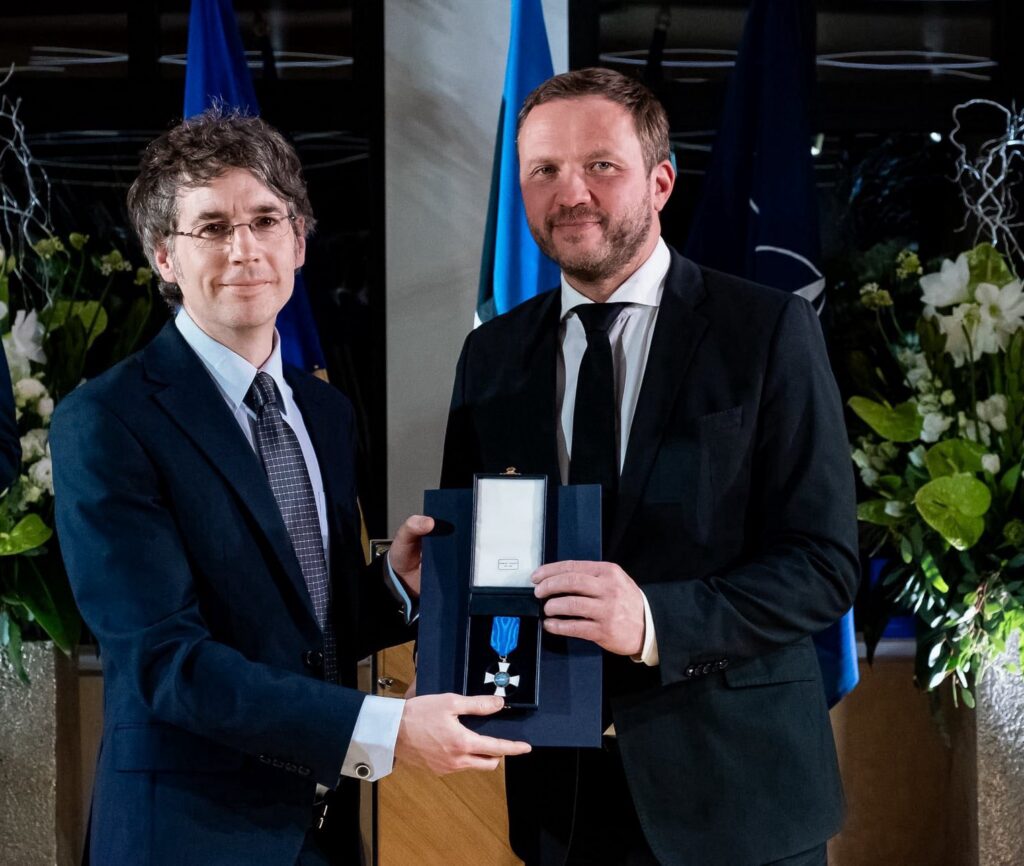
How the MFC Secretariat supports the Media Freedom Coalition to protect independent media at home and abroad
The MFC Secretariat, hosted by the Foundation, was awarded the Cross of Merit from the…
Read More
Statement on the Closure of the Context News Brand
A statement on the Closure of the Context News Brand from…
Read MoreSupporting media and CSOs to curb illicit financial flows across sub-Saharan Africa
We…
Read More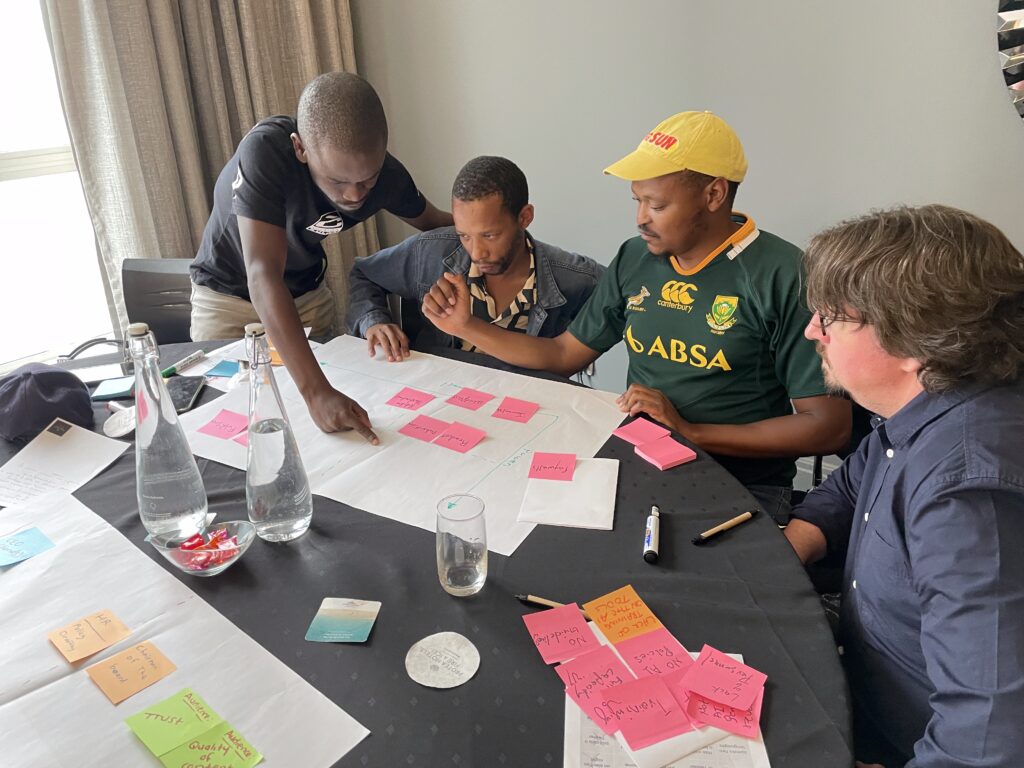
Our impact in 2025: Building resilience in a turbulent year
Our CEO Antonio Zappulla reflects on 2025:…
Read More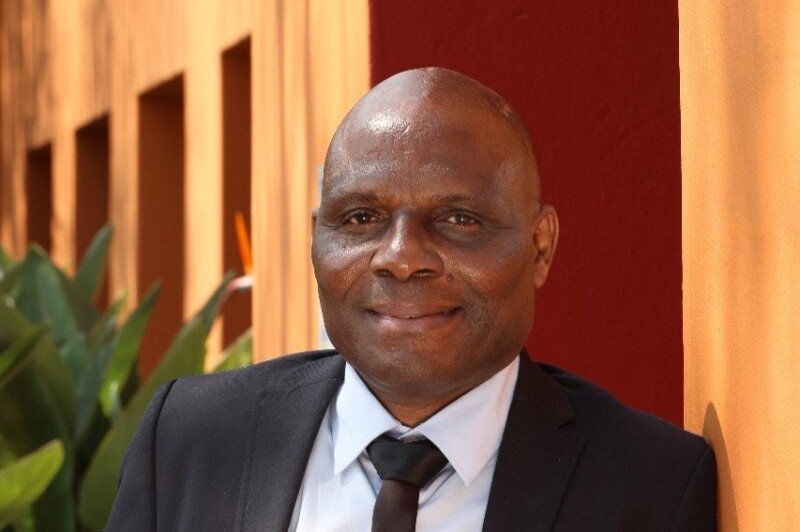
Uncovering illicit financial flows: Training that transformed one journalist’s approach to reporting
Find out how training from the Thomson Reuters Foundation transformed Fidelis…
Read More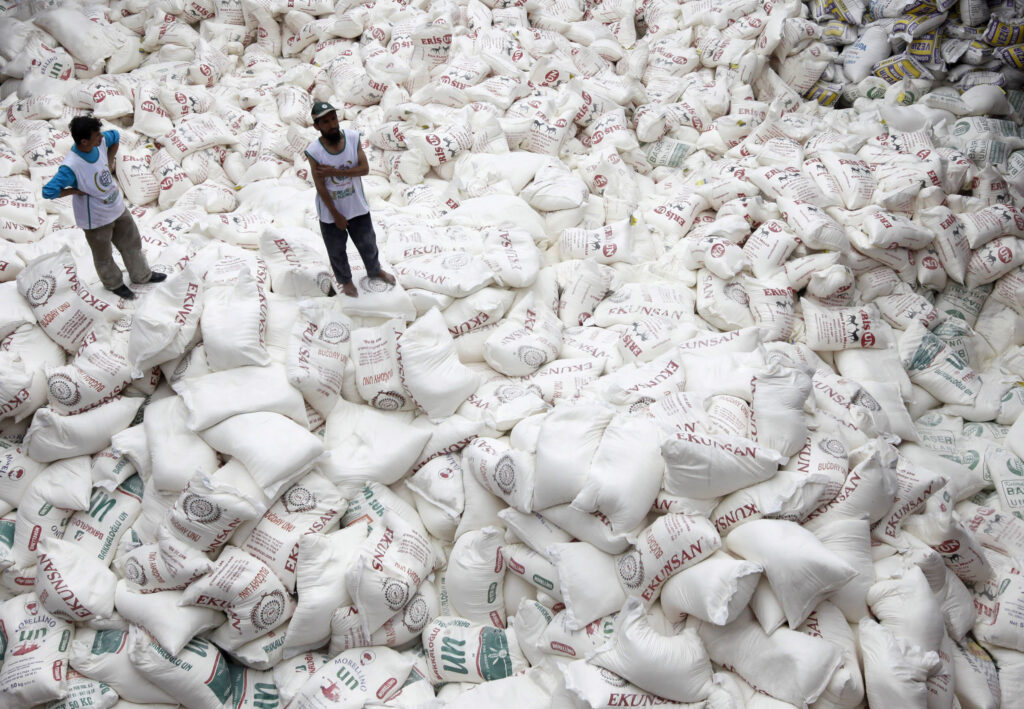
Legal needs are rising for NGOs amid attacks on civil society and funding cuts, our latest report finds
Our new report finds that legal needs amongst NGOs have risen significantly over the last…
Read More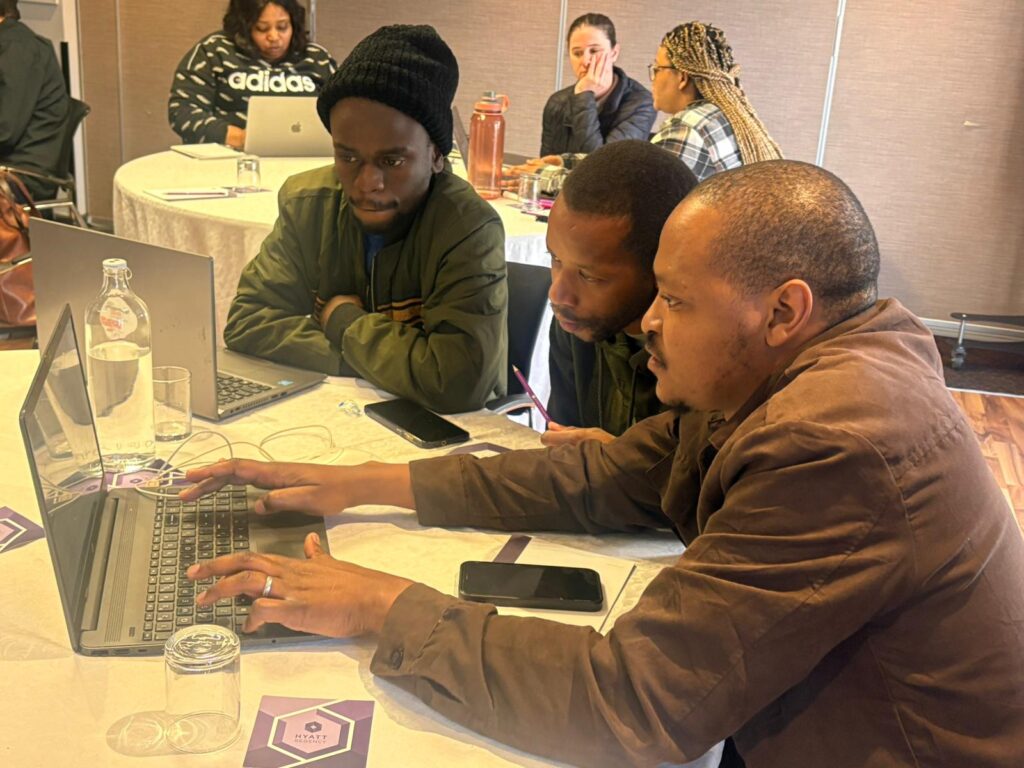
How South African newsrooms are benefiting from strategic and ethical AI adoption
We have…
Read More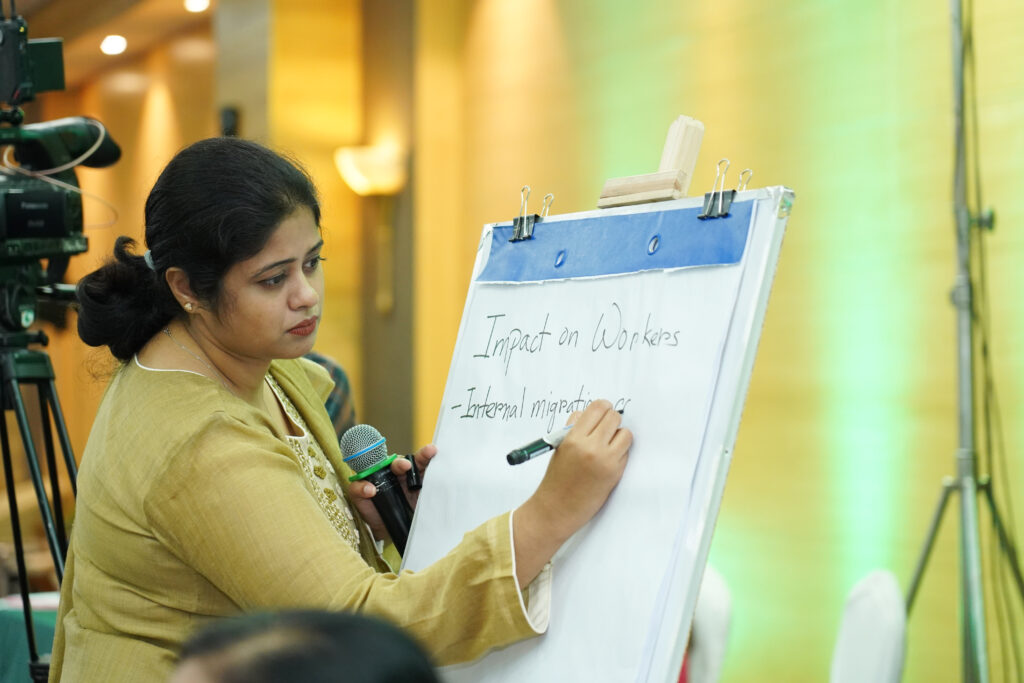
World’s largest dataset shows transparency gaps in AI adoption
The Thomson Reuters Foundation…
Read More
The authoritarian playbook in action: Insights from Trust Conference 2025
Learn our Acting…
Read More
Antonio Zappulla: Technology is redefining power, information and influence. What is at stake?
View our CEO Antonio Zappulla’s opening remarks for Day Two of Trust Conference…
Read More

